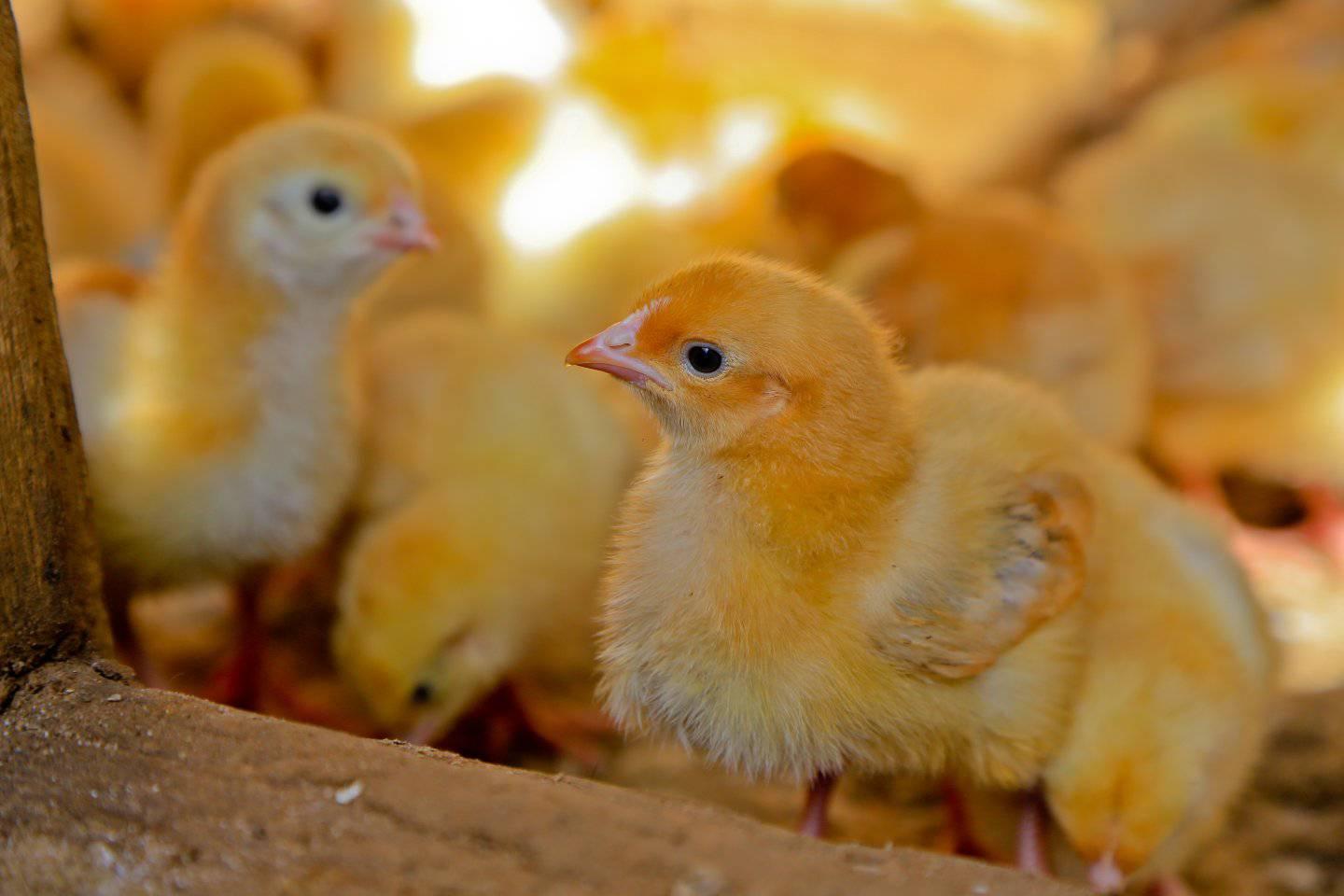

For the first time Rwanda has begun exporting day-old chicks, a major development in the poultry industry.
Uzima Chicken, one of the major chick producing companies in the country, exported about 600,000 day-old chicks and some 100,000 fertilised eggs in 2021 alone, serving markets in countries like Central African Republic, Cameroon, Republic of Congo, DR Congo, among others.
It is expected that the country will double day-old chicks exports this year, while exports for fertilised eggs are likely to quadruple.
This is one of the results of increased investments in the poultry sector in recent years, which has helped significantly cut poultry imports.
Increased local production of chicks has particularly come in handy following the ban on poultry imports in the wake of a major outbreak of avian influenza, or bird flu, in some countries.
Nonetheless, despite increased local production of chicks, some of the local players continue to import day-old chicks, which raises a few questions.
Until the ban was imposed late last year, the country was still importing an average of 40,000 chicks a month – even as it was producing more than enough for the local market.
Some of the importers have cited the quality of locally produced chicks to justify their decision to continue buying from outside the country, but Rwanda Agriculture Board has rejected this claim insisting that the chicks produced locally meet international standards.
As such, there is a need for deliberate industry consultations and engagement about concerns around locally produced chicks and other poultry products, with a view to reaching a common ground for the benefit of the sector and country.
It does not make sense to continue importing products that you can source locally (let alone the fact that local products are more affordable price), but at the same time concerns of those who still import the same products need to be addressed.
Additionally, we should continue to scale up local production for both domestic and foreign markets, which would not only help reduce the country’s trade deficit, but would also create jobs and other opportunities.


